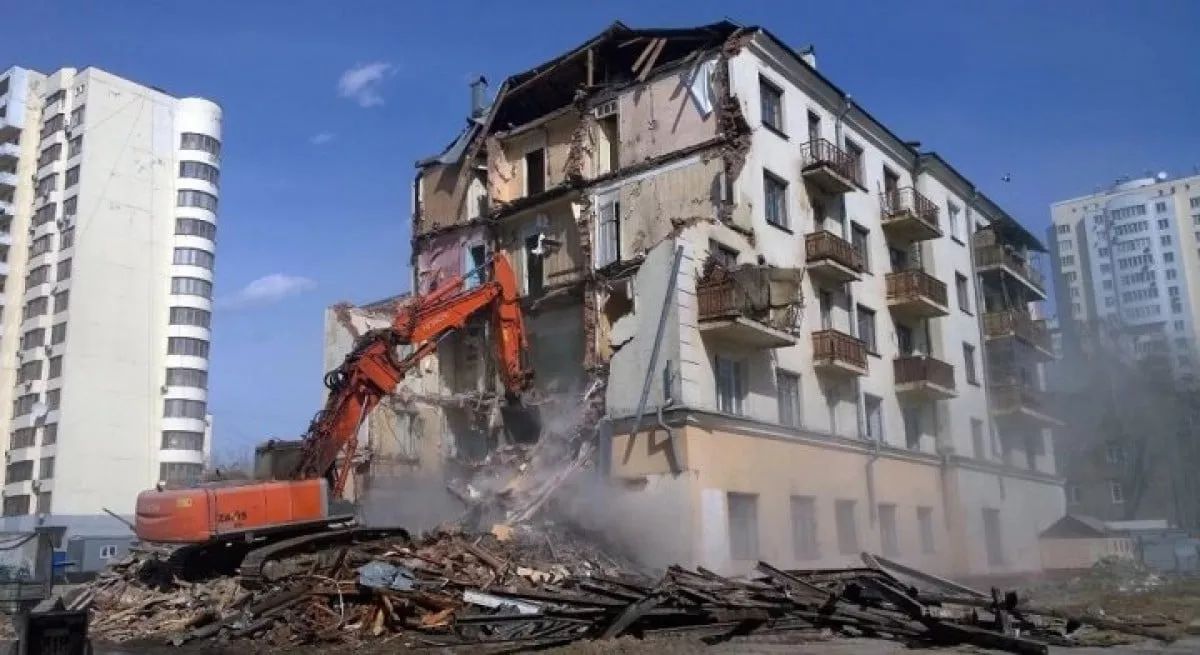A new law has been adopted for renewal in cities

A draft law aimed at fundamentally improving the urban renewal processes in Uzbekistan was adopted in the first reading. This was reported by Upl.uz.
This document introduces strict rules to protect the rights of property owners, establishes compensation mechanisms, and imposes liability on individuals who violate project deadlines. This is a response to numerous complaints from citizens in previous years.
According to Deputy Minister of Justice Mahmud Istamov, who spoke in the Legislative Chamber of the Oliy Majlis, the absence of a special legal document in the field of renewal has led to systematic violations of property owners' rights. Problems that arose during the implementation of previous projects led to numerous protests and appeals to government agencies.
Istamov stated that these situations have caused the opening of hundreds of criminal cases, as the rights of property owners have been violated by investors. The new law aims to create transparent and fair relations between property owners, investors, and the state.
According to the Ministry of Justice, the housing stock in Uzbekistan includes nearly 42,000 multi-apartment buildings. Of these, approximately 17,000 are low-rise houses built several decades ago, consisting of two to three floors.
According to official data, 343 buildings have reached the end of their normative service life and are in a hazardous condition, posing a threat to the population. Many local residents continue to live in dilapidated houses that do not meet safety and comfort standards.
Engineering networks—electricity, water, and gas supply systems—are severely outdated. In some buildings, there is no centralized sewage system, and toilets are located on the street, as explained in detail by the deputy minister.
The renewal program creates great opportunities to increase construction density in cities. Instead of 17,000 low-rise houses, nearly 13,500 modern 7-9 story multi-apartment buildings can be constructed.
This will allow for an increase in living space and a threefold increase in the population. At the same time, such an approach ensures the efficient use of existing infrastructure and energy resources.
Moreover, interest from the private sector in the construction of modern residential and commercial facilities is growing. However, it was emphasized that renewal projects should cover not only central areas but also remote regions.
The draft law on "Urban Renewal" has undergone extensive public discussion. More than 3,000 people participated in it, providing 154 proposals.
It was identified that there are two main concerns among citizens: guaranteed protection of property rights and fair compensation, as well as the risk of compulsory demolition without the consent of property owners. The new law will introduce strict restrictions to prevent such situations.
Renewal will only be carried out in areas designated by the general plans of cities and where hazardous buildings are located. The project can be initiated by local authorities, the population, or investors.
For a project to be launched by investors or the population, at least 80 percent of property owners must provide notarized consent in advance. If one out of four owners does not support the project, it will not be considered.
Once the project is approved, the form of compensation will be negotiated individually with each property owner. Before starting construction work, a tripartite agreement will be signed between the local authority, the investor, and the property owner.
As the deputy minister emphasized, construction or demolition work will not be carried out until all property owners give 100 percent consent. Large-scale renewal projects can also bring ecological problems to cities.
The demolition of several dozen old low-rise houses means the loss of a natural environment that has developed over decades.

